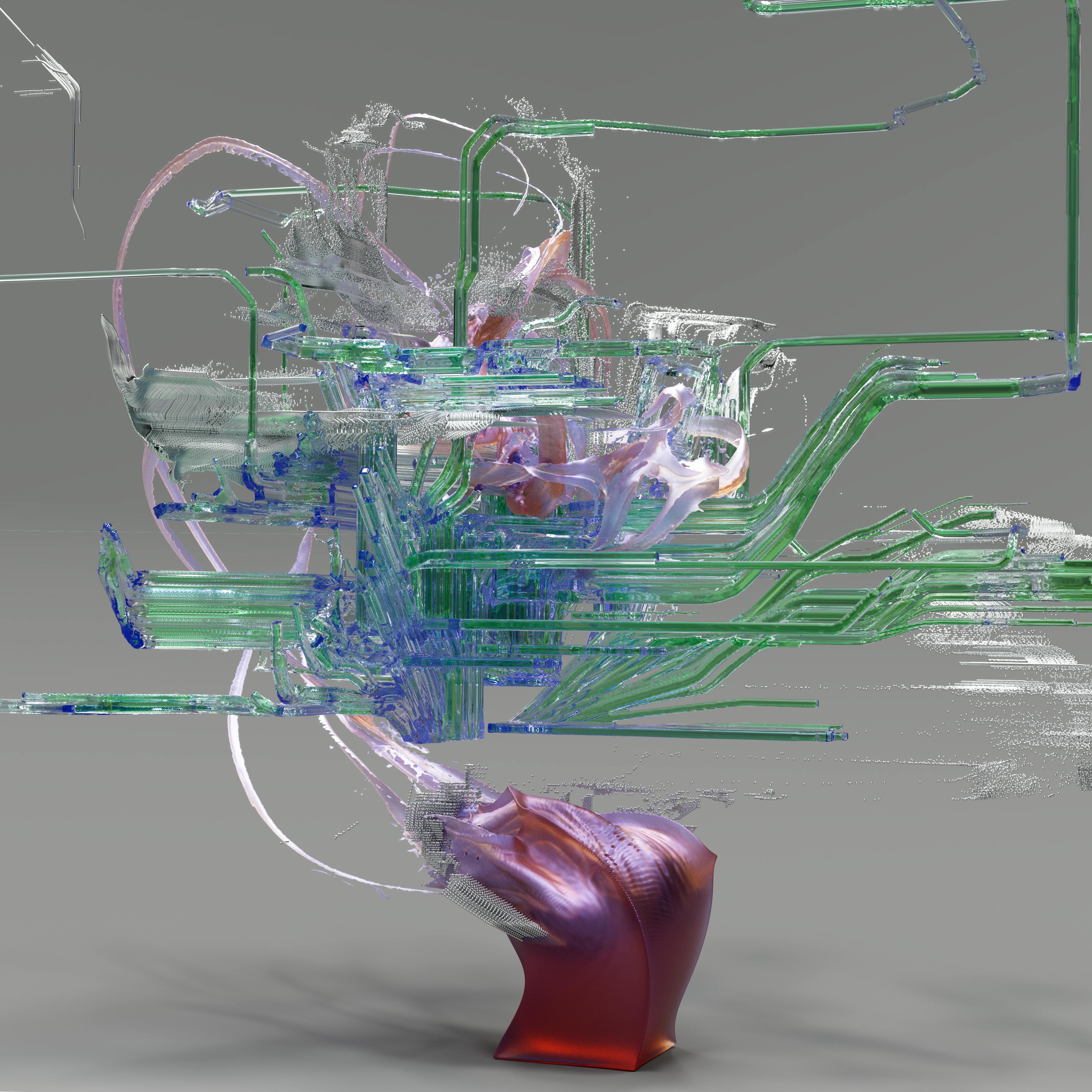🕓 Estimated Reading Time: 5 minutes
Overview
Corelight, a prominent provider of network detection and response (NDR) solutions, has announced significant enhancements to its platform, integrating advanced generative AI security capabilities. The new features, including the introduction of the Corelight MCP Server and AI-driven prompt playbooks, are designed to drastically accelerate security incident response by streamlining alert triage and resolution. This development marks a pivotal step in leveraging artificial intelligence to enhance the efficiency and effectiveness of modern security operations centers (SOCs) globally. The aim is to empower security analysts with automated, context-rich insights, reducing manual workload and enabling faster, more informed decision-making in the face of evolving cyber threats.

Background & Context
The landscape of cybersecurity threats continues to expand in complexity and volume, placing immense pressure on security teams. A significant challenge faced by SOC analysts worldwide is the sheer volume of alerts generated by various security tools. Manually sifting through these alerts, correlating data, and determining criticality is a time-consuming and labor-intensive process, often leading to analyst burnout and a higher risk of missing critical threats. Traditional network detection and response (NDR) solutions, while effective at identifying suspicious network activity, still require human intervention for comprehensive investigation and resolution. This gap in efficiency has long been a bottleneck in incident response workflows. The integration of artificial intelligence, particularly generative AI, offers a promising pathway to automate preliminary analysis, contextualize threats, and guide analysts through the investigative process more efficiently. This strategic move by Corelight addresses a critical need for enhanced automation and intelligence within the domain of Corelight NDR to combat the rising tide of cyberattacks. Organizations are increasingly seeking solutions that not only detect but also accelerate the understanding and mitigation of threats.
Implications & Analysis
The core of Corelight's latest innovation lies in its new MCP Server and the advanced prompt playbooks. The MCP (Managed Cloud Platform) Server acts as a central hub for threat detection and response, consolidating data and enabling sophisticated analysis. Complementing this, the AI-driven prompt playbooks are designed to revolutionize alert triage. When a security alert is triggered, these playbooks automatically provide contextual information, explain the alert's significance, suggest immediate next steps for investigation, and even recommend specific actions for resolution. This intelligence is derived from vast datasets and machine learning models, trained to mimic the thought process of a seasoned security analyst. For instance, an alert indicating unusual outbound network traffic might trigger a playbook that details the affected host, historical network behavior, known indicators of compromise related to similar patterns, and a list of queries to run in a SIEM or EDR system.
This automation significantly reduces the time security analysts spend on initial investigation and manual data correlation. By presenting a concise summary and actionable recommendations, the playbooks allow analysts to move directly to deeper analysis and remediation, rather than spending valuable time gathering initial context. This shift is crucial for improving overall incident response times and bolstering the resilience of an organization's defenses. The integration of such capabilities within security operations means that even less experienced analysts can handle complex alerts more effectively, while senior analysts can focus on strategic threat hunting and intricate investigations. The impact extends beyond mere efficiency gains; it contributes to a more proactive and effective security posture, minimizing the window of opportunity for attackers to cause damage.

Reactions & Statements
The announcement has drawn attention from industry analysts and security professionals alike, highlighting the growing recognition of AI's potential in cybersecurity. According to the press release issued by PR Newswire on May 13, 2024, Corelight executives underscored the transformative nature of these new capabilities.
'The ability to automatically contextualize alerts and provide clear, actionable guidance directly within our NDR platform is a game-changer for security teams,' stated a Corelight spokesperson, as quoted in the PR Newswire release. 'Our new MCP Server and AI-driven prompt playbooks are designed to empower analysts, helping them to quickly understand and mitigate threats, thereby significantly reducing mean time to response (MTTR) and enhancing overall security posture.'
The sentiment within the industry suggests that such innovations are crucial for addressing the current skill shortage in cybersecurity and the ever-increasing volume of sophisticated attacks. Experts anticipate that the integration of generative AI into security workflows will become a standard expectation, moving beyond simple automation to provide truly intelligent assistance to human analysts. This move positions Corelight as a leader in applying cutting-edge AI to solve real-world problems in network security.
What Comes Next
The introduction of these advanced AI capabilities by Corelight signifies a broader trend in the cybersecurity industry: the shift towards more autonomous and intelligent security solutions. As these technologies mature, the focus will likely expand beyond just `alert triage` to encompass more aspects of the incident response lifecycle, from proactive threat hunting to automated remediation. Future developments might include highly customized `prompt playbooks` tailored to specific organizational environments or industry-specific threats, further refining the accuracy and relevance of AI-generated insights.
Moreover, the success of these AI integrations will depend on their ability to seamlessly integrate with existing `security operations` tools and workflows. Interoperability with SIEM, EDR, and SOAR platforms will be critical for maximizing their value. As organizations become more comfortable with AI-driven recommendations, trust in these systems will grow, paving the way for even more sophisticated automation. The long-term vision is a cybersecurity ecosystem where AI augments human capabilities, allowing security professionals to operate at a higher strategic level, focusing on complex threats and architectural improvements rather than repetitive manual tasks. This evolution promises a future where cyber defenses are not only stronger but also more adaptable and responsive to emerging threats.
Conclusion
Corelight's latest enhancements to its `Corelight NDR` platform, featuring the MCP Server and generative AI-driven `prompt playbooks`, represent a significant leap forward in network detection and response. By automating and enriching the `alert triage` process, these innovations address a critical pain point for security analysts, enabling faster incident resolution and reducing the burden on human teams. This strategic application of `AI security` is poised to fundamentally transform how `security operations` centers manage and respond to cyber threats. As the digital threat landscape continues to evolve, the ability to leverage intelligent automation for rapid, informed decision-making will be paramount, reinforcing Corelight's commitment to empowering organizations with more effective and efficient cybersecurity defenses. This development underscores the vital role of AI in shaping the future of enterprise security.
Comments
Post a Comment